Tryptophan in Turkey Makes you Sleepy
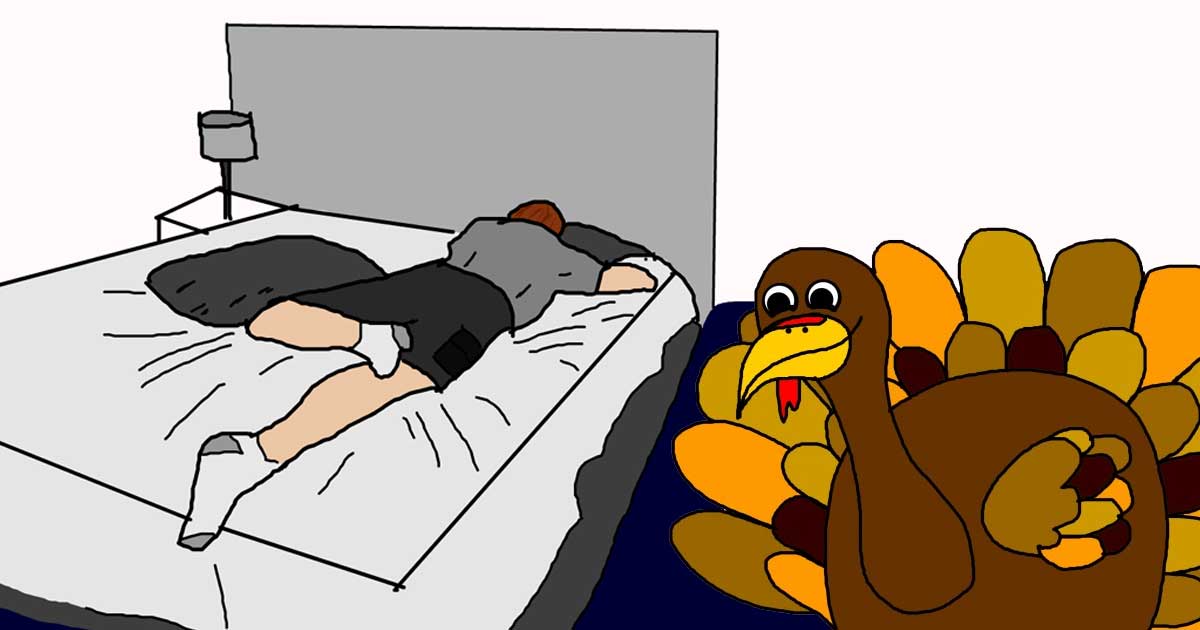
Tryptophan in turkey has a relaxing effect and contributes to sleepiness, but it is overeating and related chemical effects that make you sleepy on Thanksgiving.
Health refers to physical, mental, and social well-being. It’s a broad category that contains fitness and exercise, nutrition, health science, and mental health.

Tryptophan in turkey has a relaxing effect and contributes to sleepiness, but it is overeating and related chemical effects that make you sleepy on Thanksgiving.
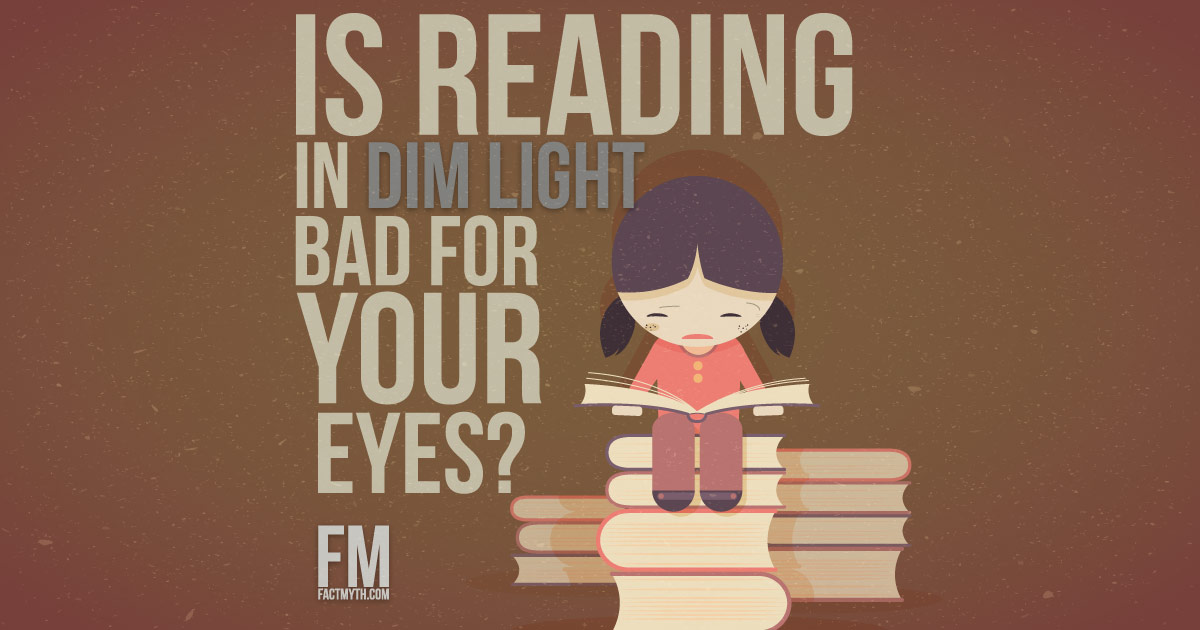
Reading in dim light isn’t bad for your eyes. Be it a book or electronic device, reading in dim light will not damage the eyesight of a healthy adult (although it may cause temporary strain).
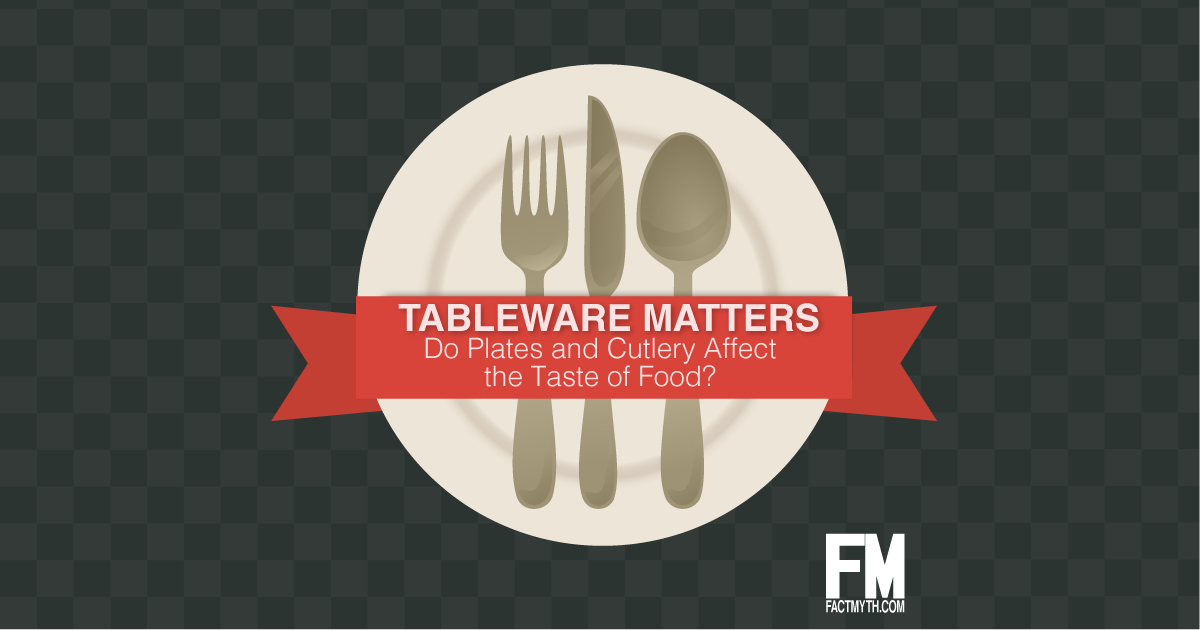
According to recent food science, tableware (plates, cups, and cutlery) affect the taste of food along with a number of other factors like color, smell, sound, and more.
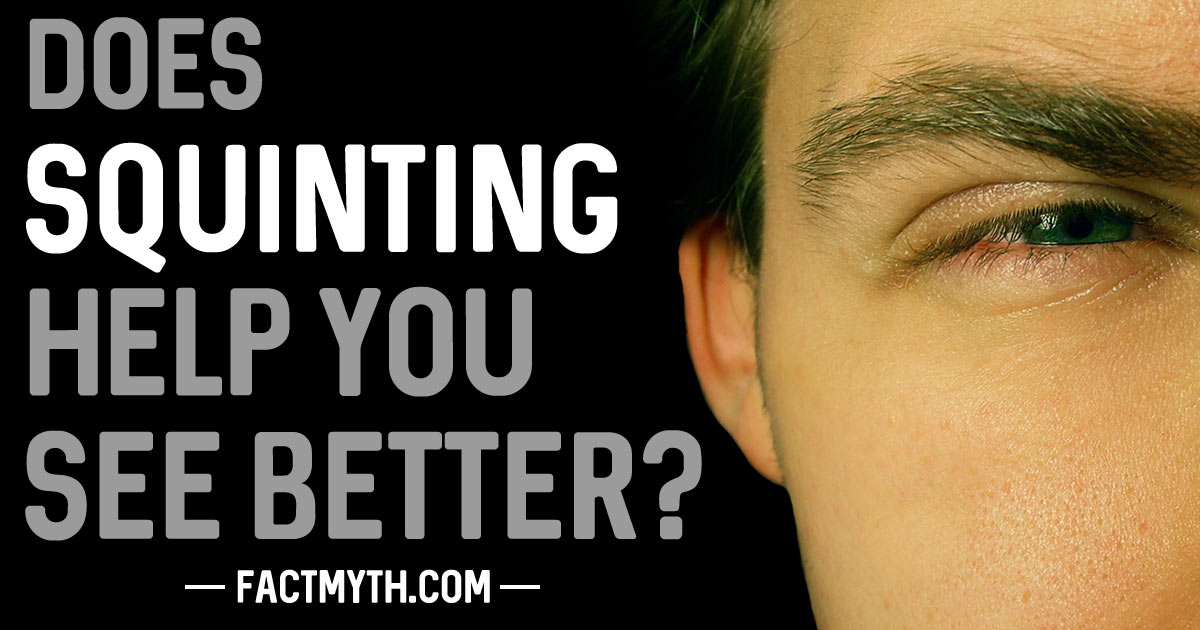
Squinting helps to improve vision, at least temporarily, by allowing less light into the retina allowing us to focus our eyesight more easily.
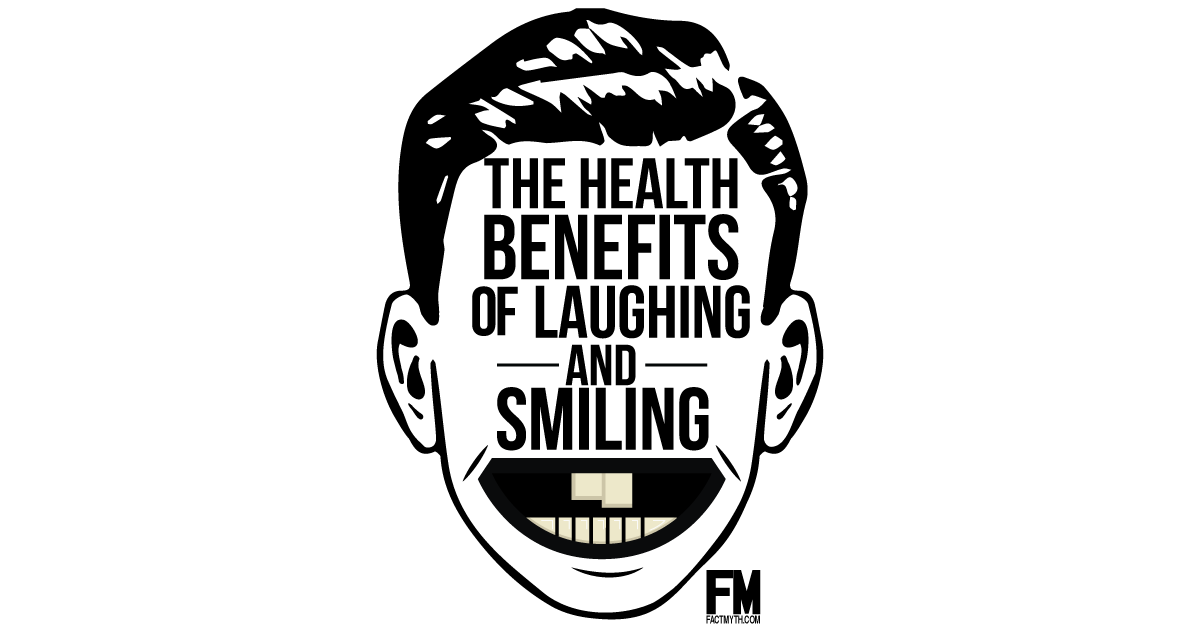
Smiling and laughing have health benefits, they improve your mood and the moods of those around you. An uplifted mood has been long-linked to good health.
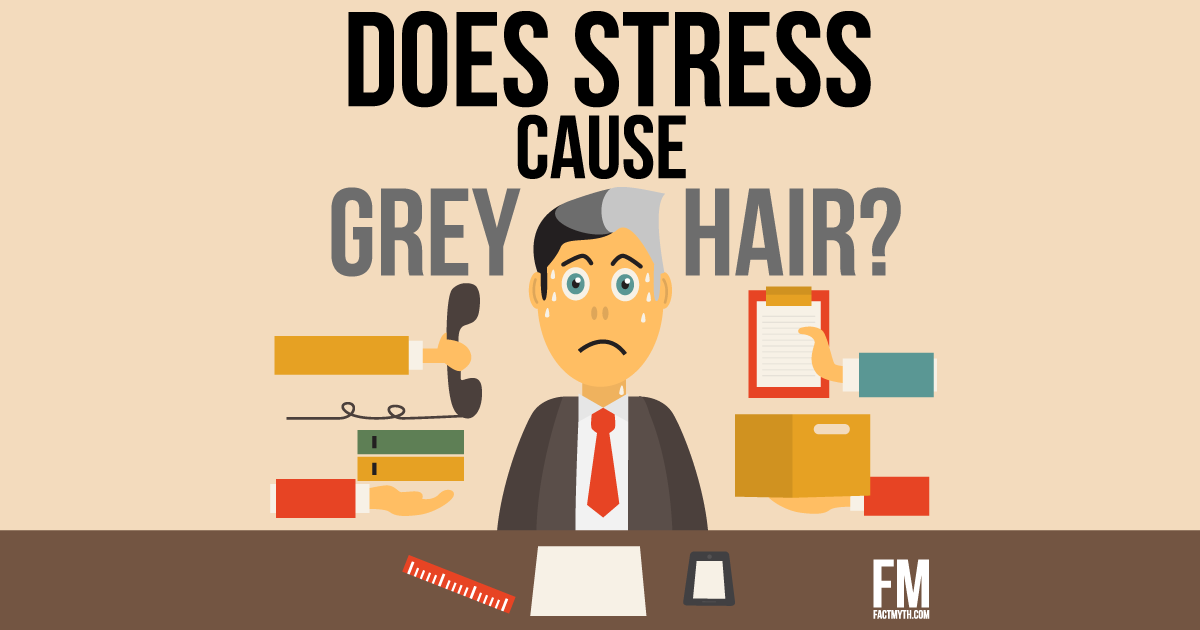
Greying is largely determined by genes. Stress may cause hair to turn grey early, perhaps from increased oxidation, but studies are lacking.
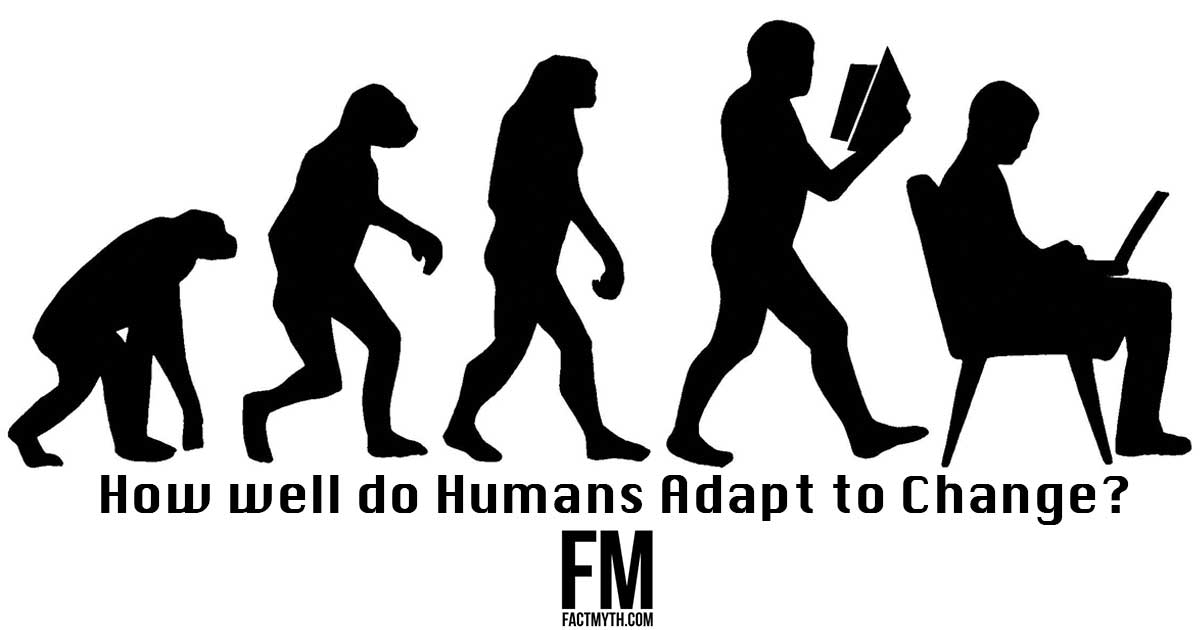
Humans are generally quick to adapt to change, despite being resistant to it, this is true biologically, socially, and culturally.
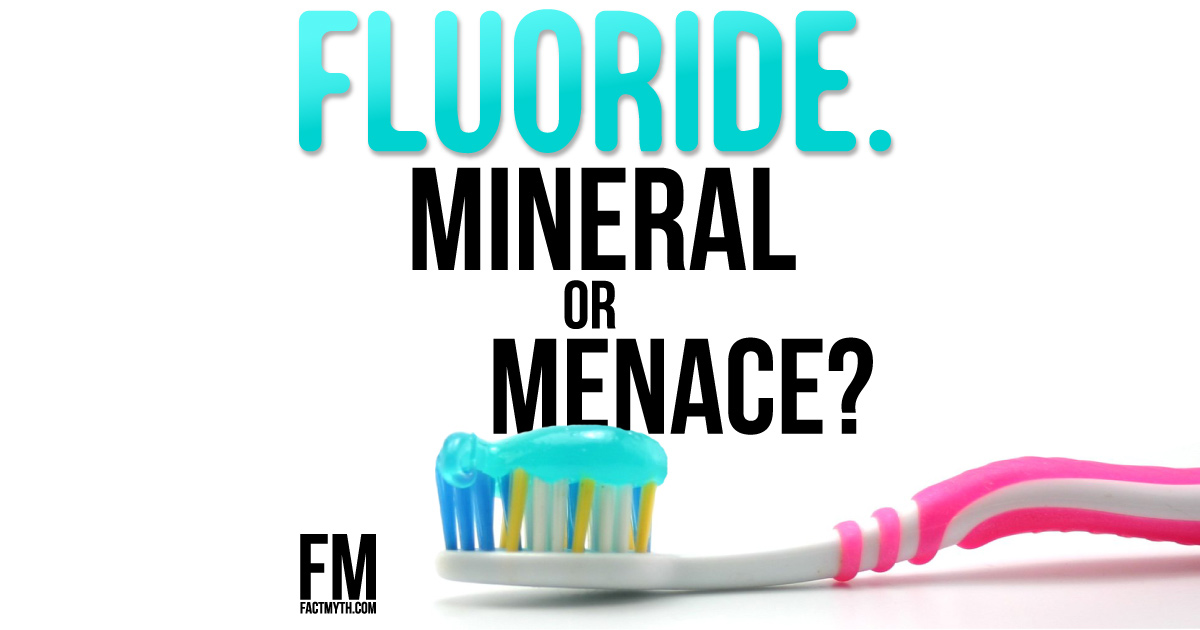
Fluoride is a name for several fluorine compounds. Fluoride is good for oral hygiene in small doses, but extremely dangerous and toxic in large doses.
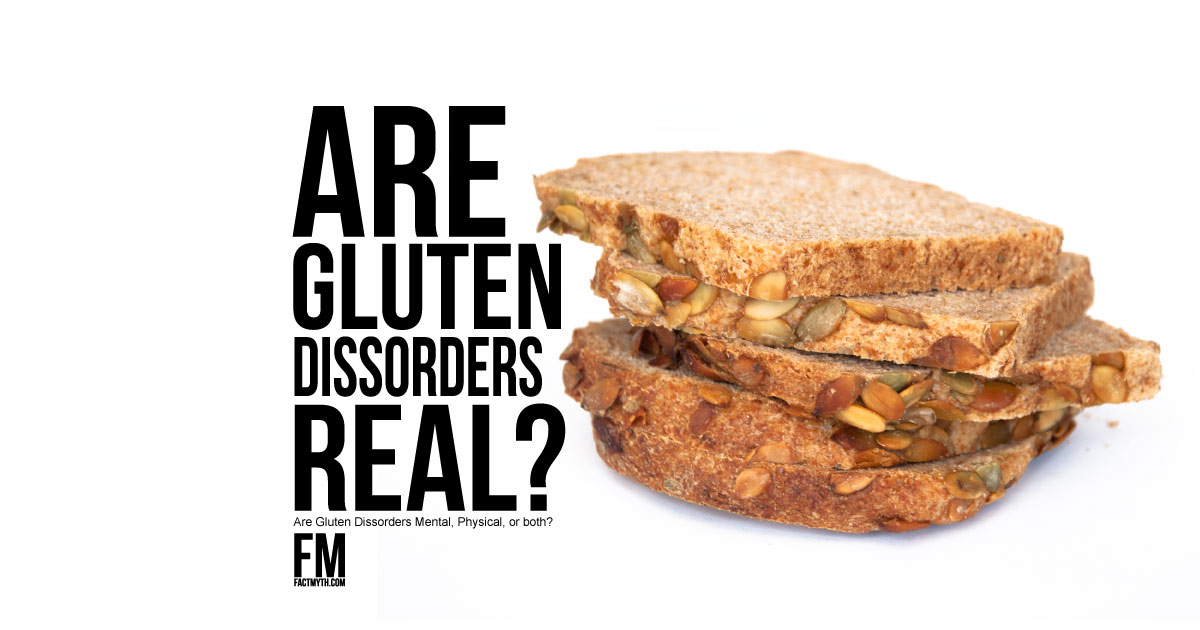
Science-wise there is no “gluten allergy”, but gluten related disorders like celiac disease, wheat allergies, and non-celiac gluten sensitivity are real.
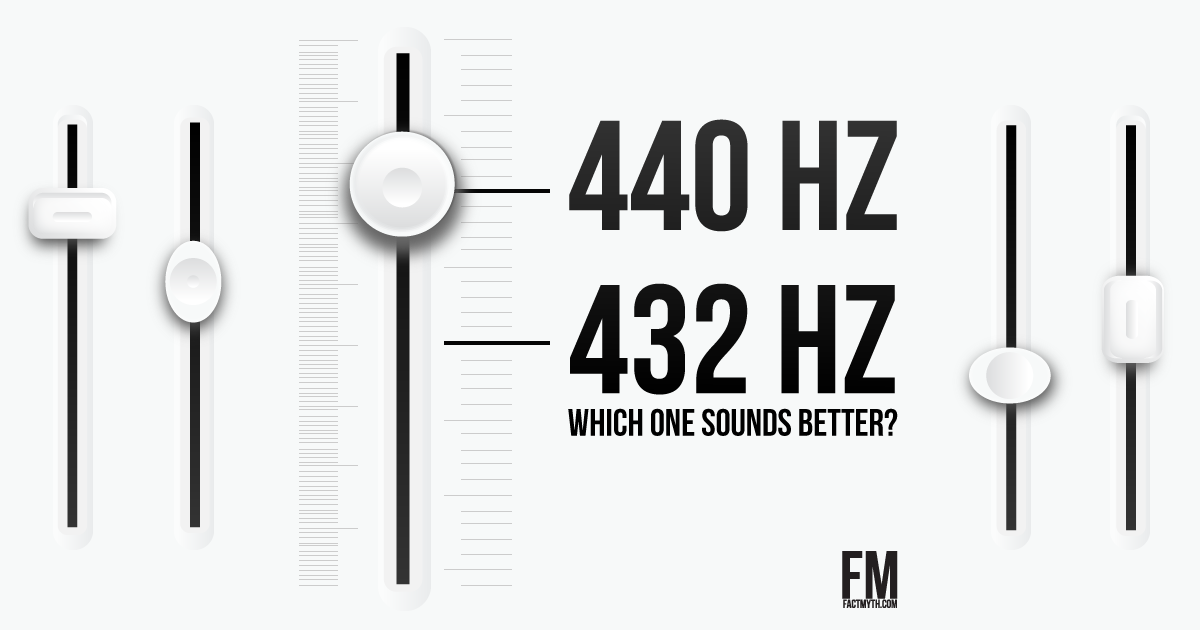
It’s theorized that using a starting pitch of A=432 Hz and a “just intonation” tuning method (scientific tuning) is more natural and mathematically symmetric than using A=440 Hz and “equal temperament” tuning (concert tuning).